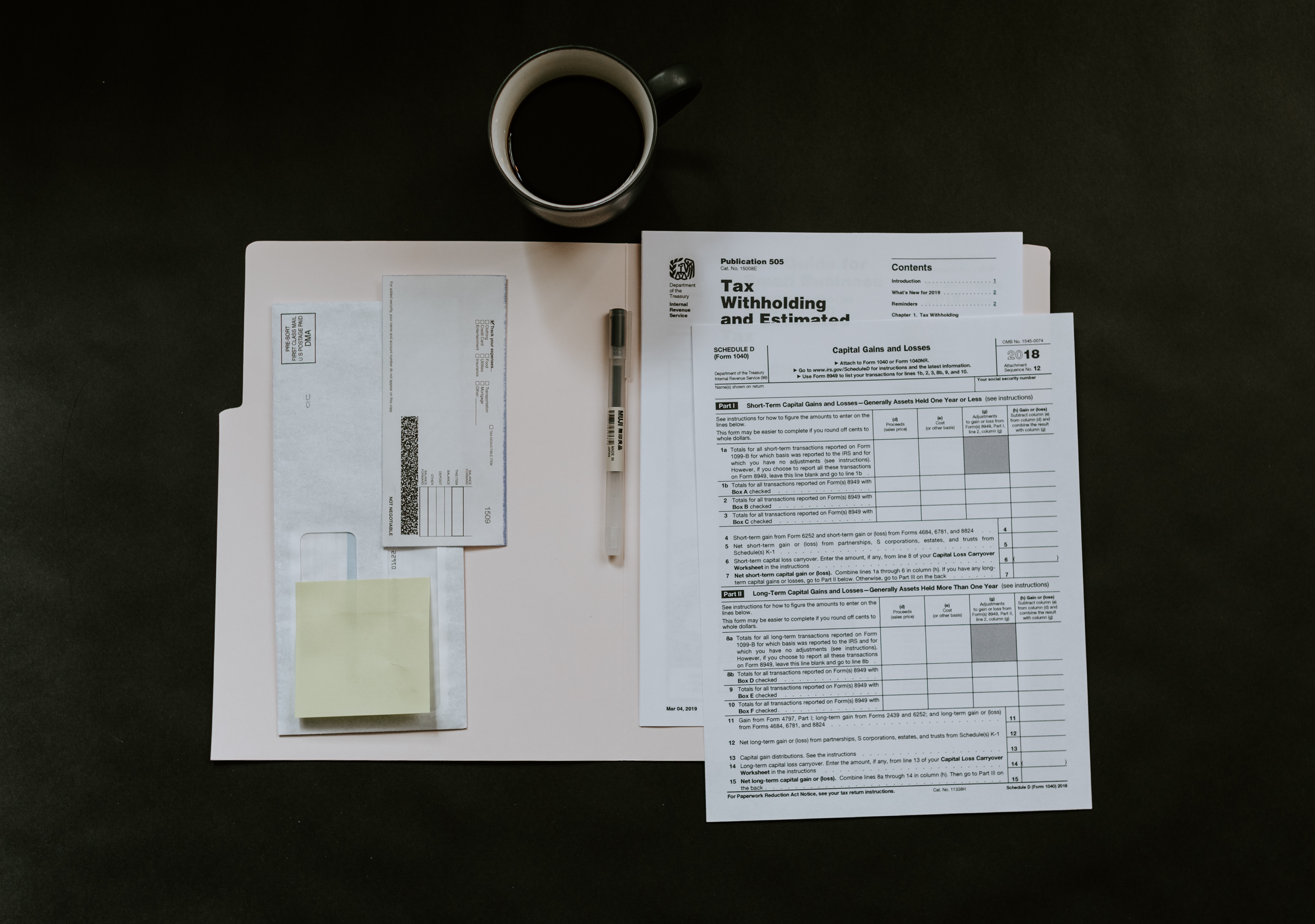
If you purchased a new qualified plug-in electric vehicle that is less than 4,000 pounds and has a battery of at least 4 kilowatt-hours, you may be eligible for a tax credit up to $7,500 per vehicle!

If you purchased a new qualified plug-in electric vehicle that is less than 4,000 pounds and has a battery of at least 4 kilowatt-hours, you may be eligible for a tax credit up to $7,500 per vehicle!
Get a jump start on next year’s return! The government is constantly coming out with new ways to save on taxes every year. This year the best ways to do so involve energy home savings and electric cars which you can find below:
1) For single-family house-energy savings projects started after August 16, 2022 and that will be completed by September 30, 2031, you may receive the below rebates:
– 50% of the costs up to $4000 maximum if energy savings are at least 35%
– $2000 maximum if the energy savings are more than 20% to less than 35%
2) For new construction of energy saving appliances, the following maximum rebates can be achieved:
– $1750 for a heat pump water heater
– $8000 for a heat pump for space heating or cooling
– $840 for either an electric stove, oven, etc. or an electric heat pump clothes dryer
–
3) For new construction of non-appliance upgrades, the following maximum rebates can be achieved:
– $4000 for an electric load service center upgrade
– $1600 for insulation, air sealing, and ventilation
– $2500 for electric wiring
–
4) The Clean Vehicle Tax Credit – this is a $7500 credit for yourself if you:
– buy a new electric vehicle that has final assembly in North America
– is a four-wheel vehicle and is for use on public streets
– has a minimum battery capacity of 7 kilowatt-hours
– does not exceed $80,000 for vans, SUVs, and pick-ups and $55,000 for other vehicles
To achieve the above credit, your adjusted gross income (AGI) must not exceed:
$300,000 for Married Filing Jointly
$225,000 for Head of Household
$150,000 for all others
The IRS will start accepting personal income tax returns on Monday, January 27th.
The deadline to file your 2019 tax return and pay any tax owed is Wednesday, April 15th.
The IRS continues to encourage taxpayers to file their returns electronically and choose direct deposit for faster receipt of refunds.

This online tool by the IRS allows taxpayers to check the status of their refund anytime.
Taxpayers can start checking on the status of their return within 24 hours after the IRS received their e-filed return, or four weeks after they mail a paper return.
![]()
President Trump recently signed the tax reform bill into law which resulted into major changes to the code for both individuals and corporations. Here is a brief summary of the changes that will affect most of you.
| Filing Status | Old Law | New Law |
| Single | $6,500 | 12,000 |
| MFJ | 13,000 | 24,000 |
| MFS | 6,500 | 12,000 |
| HOH | 9,350 | 18,000 |
| Single | MFJ | HOH | MFS | |
| 0% up to: | $38,600 | $77,200 | $51,700 | $38,600 |
| 15% up to: | 425,000 | 479,000 | 452,400 | 239,500 |
| 20% over | 425,000 | 479,000 | 452,400 | 239,500 |
| Tax Status | Old Law | New Law |
| MFJ | $110,000 | $400,000 |
| Individuals | $75,000 | $200,000 |
| From | To | Rate |
| $0 | $50,000 | 15% |
| 50,000 | 75,000 | 25% |
| 75,000 | 100,000 | 34% |
| 100,000 | 335,000 | 39% |
This holiday season, if you’re in the spirit of giving, charitable contributions can be the gift that gives back!
Charitable contributions made to qualified organizations can help lower your tax bill. Record keeping of donations and contributions must be maintained no matter the amount. To properly back up your contributions please keep bank records, receipts, or payroll deductions reflecting the amount.
If you are receiving a benefit for your contribution, you can only deduct the amount that exceeds the fair market value (ex. gala tickets). Non-cash donations such as household items and clothing, must be in good used condition and valued at fair market price.
For more information, read these eight tips the IRS provides here!
If you are self-employed, one advantage is the ability to employ family members.
This summer save on taxes by employing your child under the age of 18.
Your children are not subject to social security and Medicare taxes if the trade or business is a sole proprietorship or a partnership in which each partner is a parent of the child.
For more information, refer to the “Covered services of a child” section at IRS.gov
© 2025 Business of Your Business
Theme by Anders Noren — Up ↑